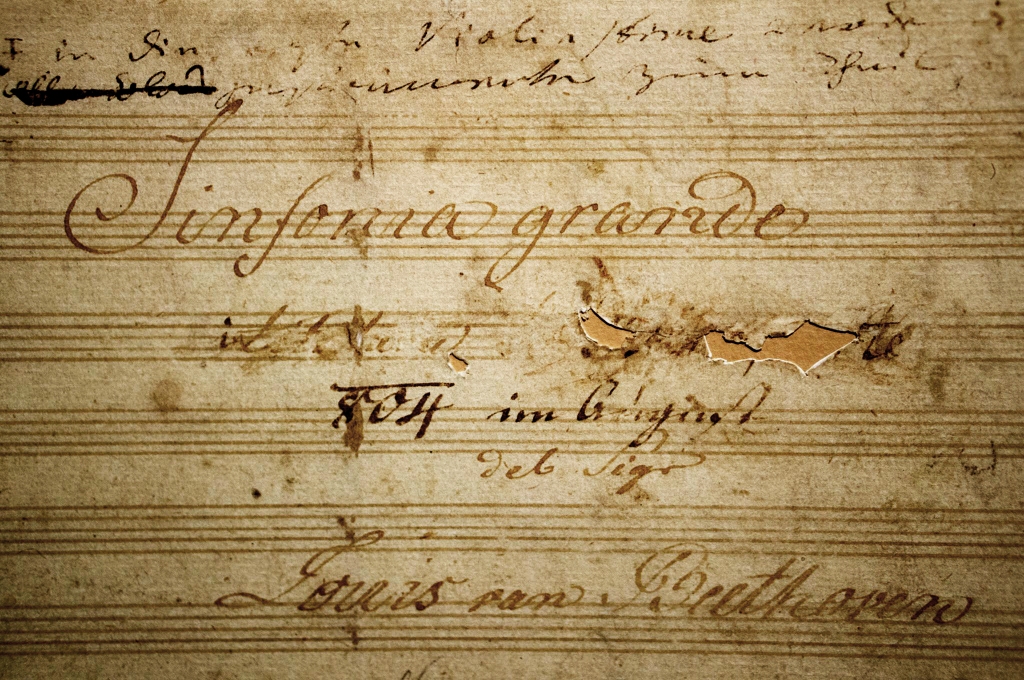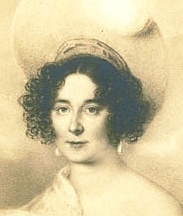Ludwig van Beethoven in 1820, by Joseph Karl Stieler
Portrait courtesy of Wikipedia
Spirit of Ludwig van Beethoven speaking:
My name is Ludwig van Beethoven, and I am one of the greatest Classical composers ever to have lived. Throughout my life, I have faced harships and I have grieved. I have also had some of the happiest moments ever experienced, for music itself gives me joy. Thus, I have never regretted anything in my life. Nothing, except for dying before I had the chance to complete some of the compositions still swimming in my head. However, who am I to say that I had died before my time? God was calling me to Heaven, and I could not resist His call.
During my lifetime, I've been called genius and prodigy. I have accomplished many of the things I have wanted to accomplish in life, such as making monarchs bow down to me, falling in love, writing the greatest masterpiece of all time, and listening to some of the most beautiful pieces of music (before I became deaf.) Yet, despite all this happiness, I was not a very happy man. I lost my second most prized posession, my hearing, in my twenties. So grateful was I to God that I had not lost my fingers instead! Although I could not hear the wonderful music I created, I could still write and commit to paper the waves of sound I heard in my head. This was the only consolation I had when facing myself in the mirror and wondering whether a soundless life was truly worth living.
I have loved many women, most of whom were my students, although there was one woman in particular that I truly loved. I call her my "Immortal Beloved" and only I shall know her true identity. The rest of my readers shall have to guess at wonder at her name.
Despite the number of women I loved in my life, I loved music more. Music was the entirety of my life. There was not a single moment in my life where music had not been involved. My every thought was consumed by my love that is music. I was a composer, a pianist, and a revelation in the music world of the 18th and 19th centuries, and I will continue to be that revelation in the future world to come and even in the New World (aka America).
Throughout this blog, I shall talk about important events in my life, and famous compositions that I have composed and performed. I hope my readers have a great time exploring and devouring the history that I have written, for it is the history of the greatest Classical music composer in the 19th century! Of course, Wolfgang Amadeus Mozart, my former mentor, has his place as one of the greatest Classical composers in the 18th century, and there will no doubt be other just-as-great composers in the future. But for now, we shall be focusing on me, the Great Beethoven!
Sincerely,
Beethoven composing in apartment in Vienna
Picture courtesy of Google Images























